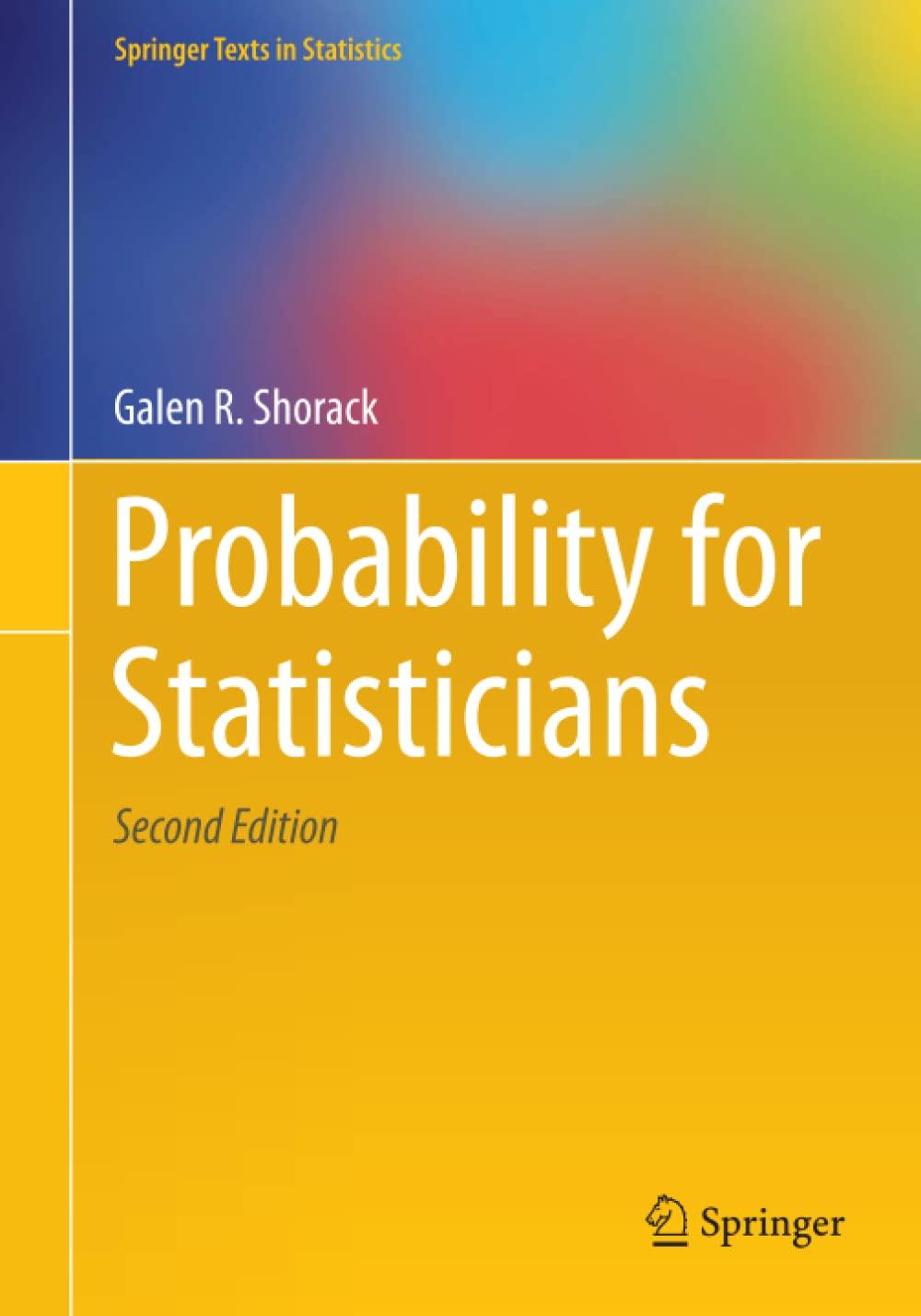In the Courts view, Nicaraguas submission that any detrimental impact on the river that is susceptible of
Question:
In the Court’s view, Nicaragua’s submission that any detrimental impact on the river that is susceptible of being measured constitutes significant harm is unfounded. Sediment is naturally present in the river in large quantities, and Nicaragua has not shown that the river’s sediment levels are such that additional sediment eroded from the road passes a sort of critical level in terms of its detrimental effects. Moreover, the Court finds that, contrary to Nicaragua’s submissions, the present case does not concern a situation where sediment contributed by the road exceeds maximum allowable limits, which have not been determined for the San Juan River. Thus, the Court is not convinced by Nicaragua’s argument that the absolute quantity of sediment in the river due to the construction of the road caused significant harm per se.
In light of the above, the Court concludes that Nicaragua has not established that the fact that sediment concentrations in the river increased as a result of the construction of the road in and of itself caused significant transboundary harm.
QUESTIONS:-
1. Critically assess and analyse substantive and procedure principles underlying the 1997 Watercourse Convention including existing case law.
2. Assess the relationship with both global treaties on international watercourses law.
3. Explain the judgments of the ICJ in the Pulp Mills and Costa Rica v. Nicaragua cases in relation to substantive/procedural requirements concerning water cooperation.
Step by Step Answer:






